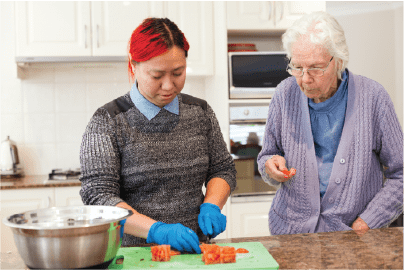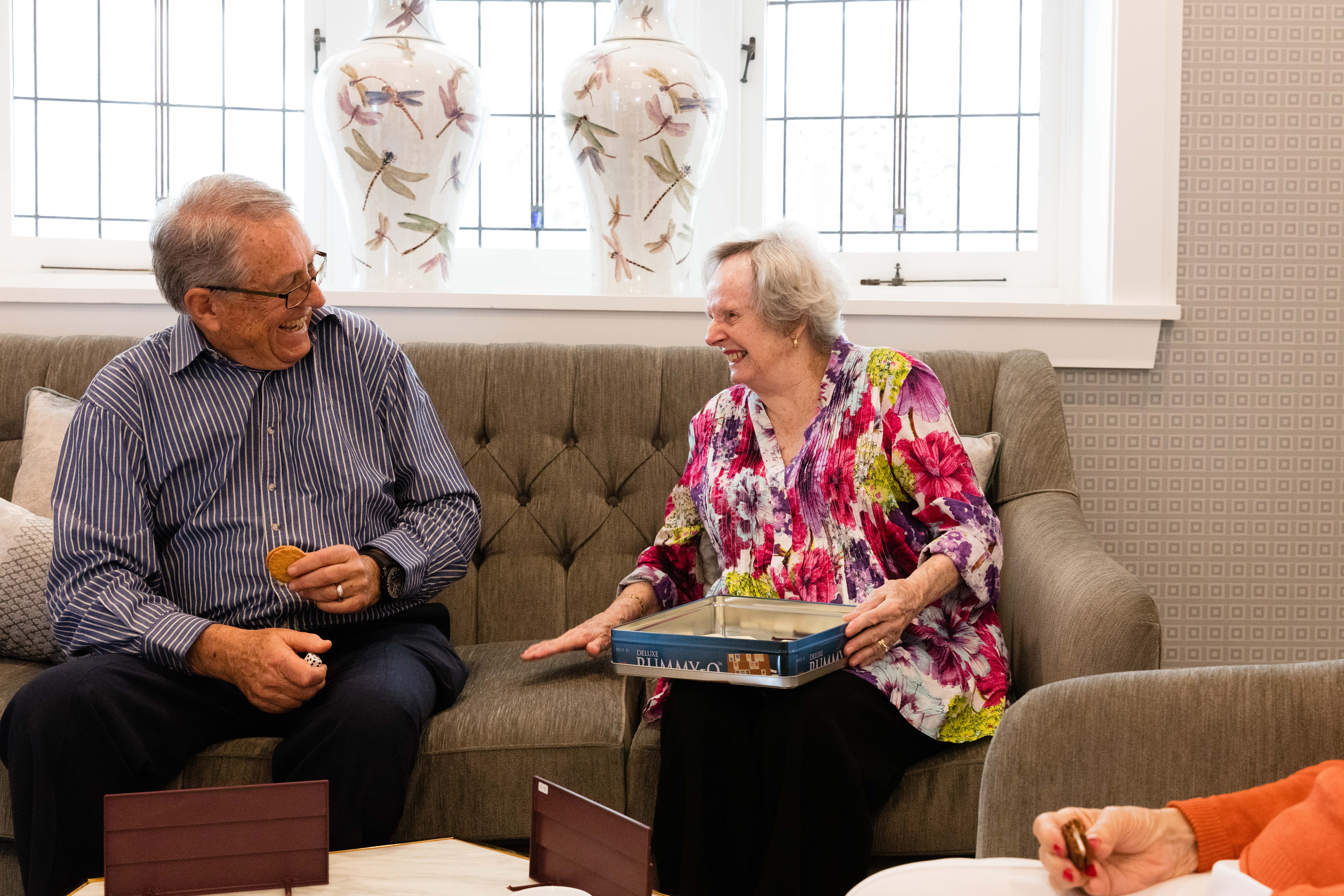Would you like to find out more about dementia diagnosis on behalf of a loved one, relative or friend?
The diagnosis and treatment for dementia patients has greatly improved over the years, with medical and long-term care advances.
So how is dementia diagnosed? And what are the steps taken to assess, treat and care for someone suffering from dementia? Read on to learn more about what to expect.
Talk to your Doctor
Book an appointment with your doctor if you are concerned about any perceived symptoms of dementia in loved ones such as:
- Disorientation
- Memory loss
- Problems with balance and gait
- Reasoning difficulties
You may have noticed a slight change in the behaviour of a friend or loved one, particularly as they age. Perhaps it is time to suggest to them that they consult their GP as a precautionary measure?
The doctor will act as the primary agent of care from diagnosing the problem and prescribing the treatment to helping you decide on the right type of long-term care for the future.
Being Referred to a Specialist
The doctor may decide to refer you to a specialist. This step is just one part of the complete medical assessment in diagnosing dementia and will to determine any other underlying problems that may be causing the symptoms.
Undergoing Diagnosis Testing
Diagnosing dementia requires a thorough assessment of each individual patient, taking into account their medical history and a full neurological and physical exam.
There are many tests that may be carried out when diagnosing dementia such as
- Brain scans
- Imaging
- Radiological
- Psychological assessments
Discussing your Results
Once tests have been completed, it’s time to discuss the results with your doctor. The results of the various tests undertaken will help to form the basis of your loved one’s ongoing treatment, including medication and — if required — long-term care suggestions.
Join a Support Group
There are few better ways to deal with a condition, such as Dementia, than joining a group of people who are facing the same illness. Talk to your doctor about the support group options in your area.
Long terms dementia Care Options for the future
You may wish to consider long care options for the future for a relative or loved one. One of the innovative options now available is a new concept in dementia care in Australia, based on the latest of its kind from overseas.
At Group Homes Australia, we understand that people suffering from dementia may have special needs that a traditional nursing home cannot provide. Our specialised approach focuses on getting residents involved in day to day life activities; like cooking, baking, exercise, shopping and anything else the person living with Dementia may enjoy.
Interested in finding out how we can help? Please contact our team of dementia care specialists at Group Homes for more information.







0 Comments